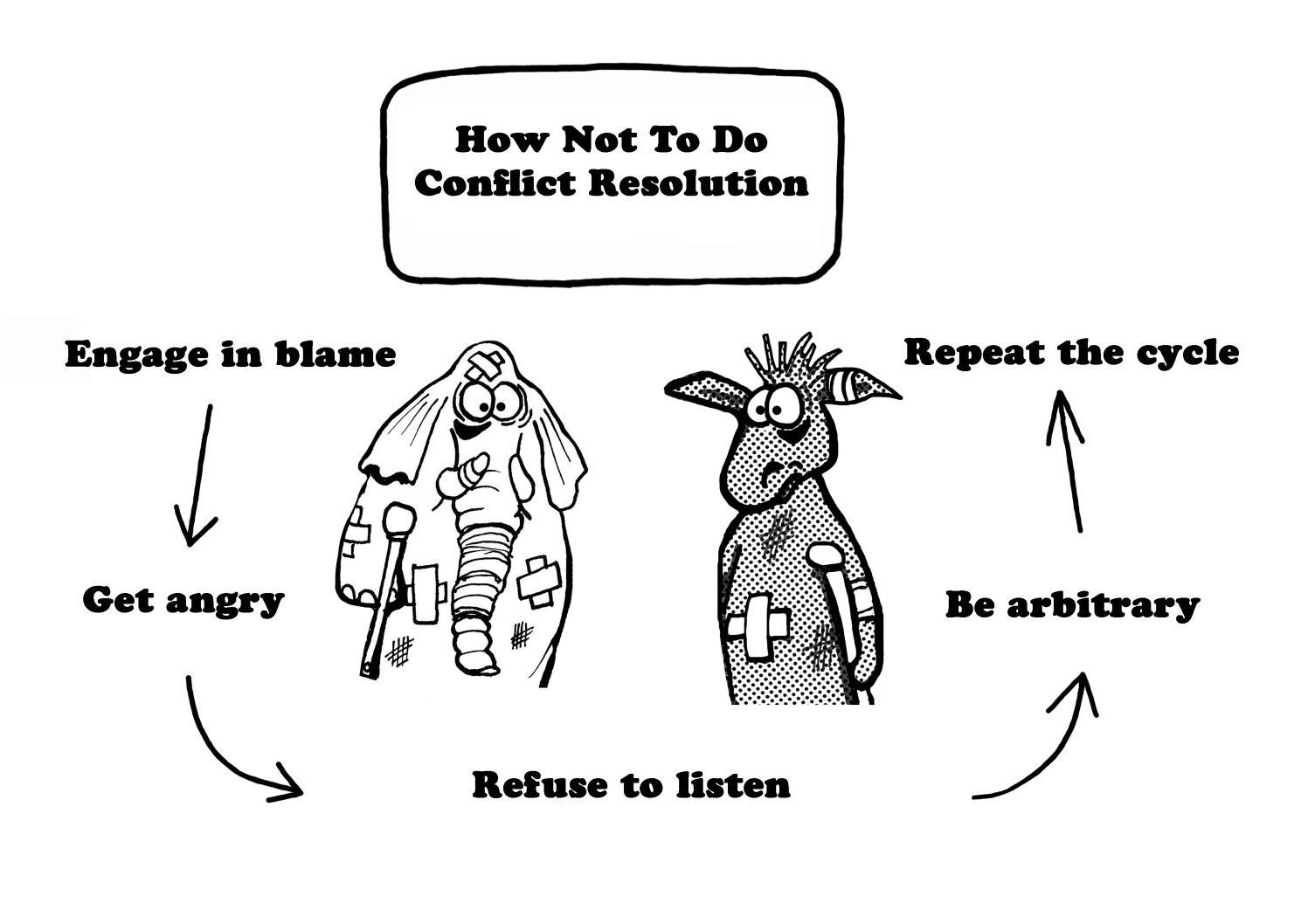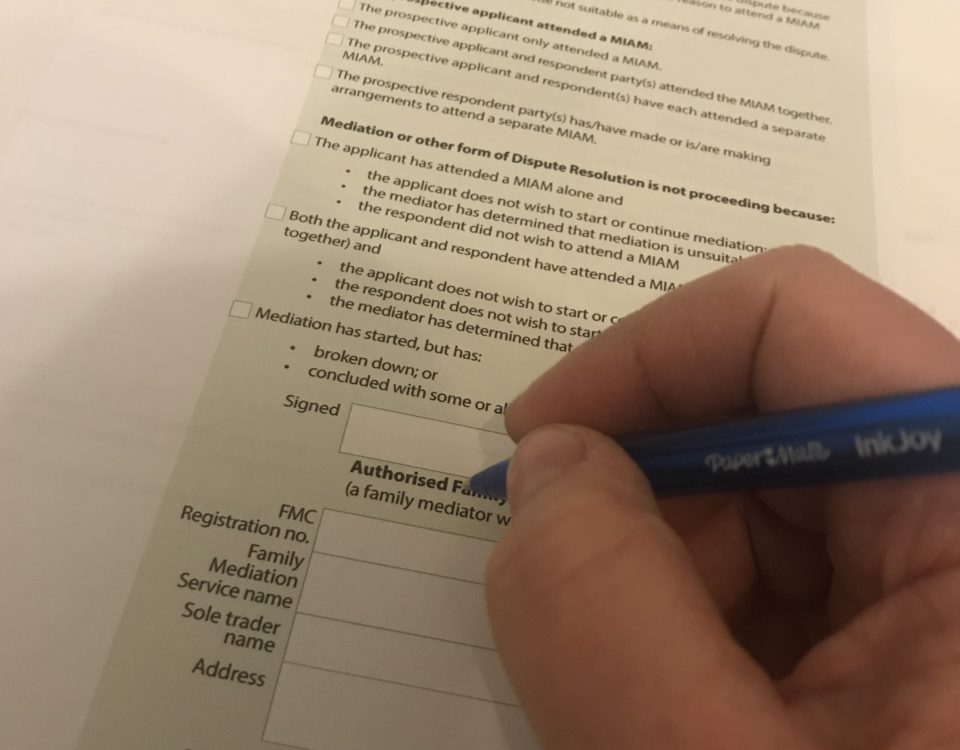
Do I have to have a MIAM?
February 2, 2018Watch this video to find out how mediation helps and understanding how mediation works
October 3, 2018
Don't let your animal instincts get in the way of your decision making. Break the cycle of conflict Smart people mediate!
Decisions and how to make them when you are working through divorce
Decisions in a changing world
The first thing which all couples have to acknowledge is how difficult it is to make decisions. The uncertainty of how life will be in future holds some people back from making decisions. Next thing holding them back is knowing that some decisions will harm someone in their family including themselves. Typically, couples feel children are going to be the ones hurt. Parents know some harm will be caused by the fact they separating. Knowing this parents find it very difficult to make decisions which change their children’s lives. This combination of uncertainty and knowing someone will be hurt can cause couples to delay or defer making decisions and therefore compounds the uncertainty and the potential to hurt.
The list below is a fun description of how having to make decisions can make you feel…
Hurdlers
Coming to see a mediator can help overcome uncertainty as the mediator helps the couple find out what they need to know so they can make the decisions from a place of knowledge. The mediator can help them realise that there is a future and the quicker decisions are made the easier it will be for everyone.
Emus
So often couples have been avoiding the failure of their relationship for years. So when couples coming to the mediation meeting room they often say they knew the relationship was failing for years, “I hoped that we could work it out”. Instead of recognising these problems and trying to sort them out by going to family or couples counselling, problems are put on the back boiler. When a catastrophic event takes place for example one partner has an affair those solutions are no longer available.
Animals
For others when a problem presents itself nature takes over and adrenaline floods the body and mind. Sometimes in flight or fight mode one partner is fixated on the immediate threat. A good example is a new partner, or the possibility of a new partner. When someone is in this mood they are not able to think strategically they focus exclusively on the obvious short-term threat and they miss the broader context and the longer term solutions. The mediator can help them by suggesting they find the support of a counsellor before coming back to mediation to make their decisions. A bit more time can allow one or both of the parties to repair to repair themselves before decisions have to be made.
Zebras
Sometimes one party comes to mediation trying to oversimplify the situation. They have divided the world into friends and foes and see the options only as winners or losers. The mediator helps them look at decisions and contextualise them interns of the way small decisions can make a difference. Exposing that in every decision both can win and both can loose. Trying to find a way they can both move on is a way for both to win. The focus should always be on any children. Separating with dignity allows children to have the best outcome. Preserving the trust relationship between parents and keeping the dialogue going for the sake of the children is better for children than staying in a bad relationship “for the sake of the children”.
Dodgers
One partner may come to mediation thinking that mediation is another way to avoid making the final decisions. Its just another delay tactic. The mediator can help couples feel safe in the mediation to discuss their feelings and how particular scenarios will affect their life. The best way for couples to make decisions is to take small incremental steps forward without committing to the final decision too quickly. Mediation is the ideal arena for this type of decision-making. The way the mediator supports this is to take all the stress out of a situation. The mediator also helps to look at all the risks of not acting. Even when the couple have come to a decision the mediator helps them look for hidden risks and helps them to be creative, looking for new options they may not have thought about.
Wrappers
Sometimes couples come to mediation believing that they have the decisions all wrapped up but they haven’t thought about all the permutations of what life maybe be like as separated co-parents. Mediators help couples look at the practical aspects as well as the obvious “who will live in the house”.
The benefits of mediation
Mediators also help couples realise when the time is right and they need to talk to other professionals; counsellors, financial advisors and solicitors are often first on the list.
Mediation frequently allows couples to test run their child arrangements to see how they’re working and discuss with each other how the children have responded.
Finally mediation help us by allowing couples to make the decisions in simple easy to take steps. Work out what other information they need before they make the next decision.
Couples don’t get divorced because they are getting on well and find it easy to talk together. Quite the opposite. A mediation meeting is a place where couples can safely talk through what they have and what they need to move on. An experienced mediator keeps a couple on track and helps them start to piece together their new separate lives.
Mediation offers couples cost effective practical solutions.
Contact the author, Deborah Butterworth, a fully accredited mediator for more information.
Email: deborah@mediateddisputesolutions.uk
Call: o2079936869



